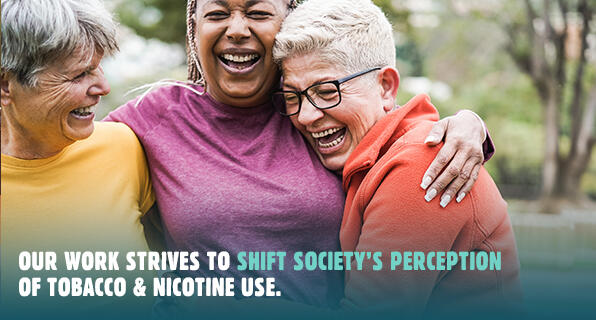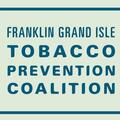
Most Vermonters are living tobacco and nicotine free. We are proud that the Tobacco Control Program partnerships, initiatives and campaigns have had a positive impact, but our work must continue until all youth and adults are safe from nicotine addiction. Read more about what’s been done recently in the Success Stories below.


